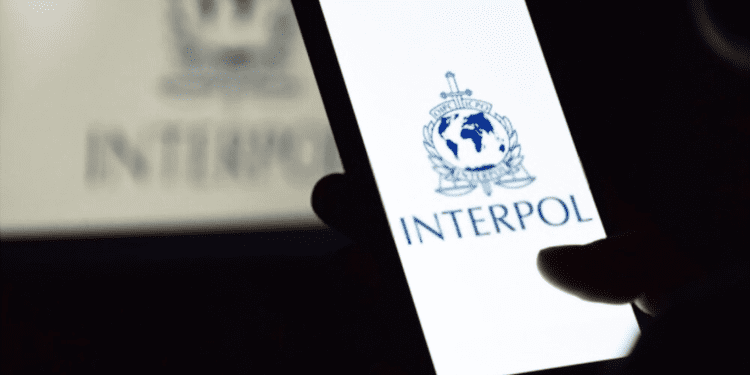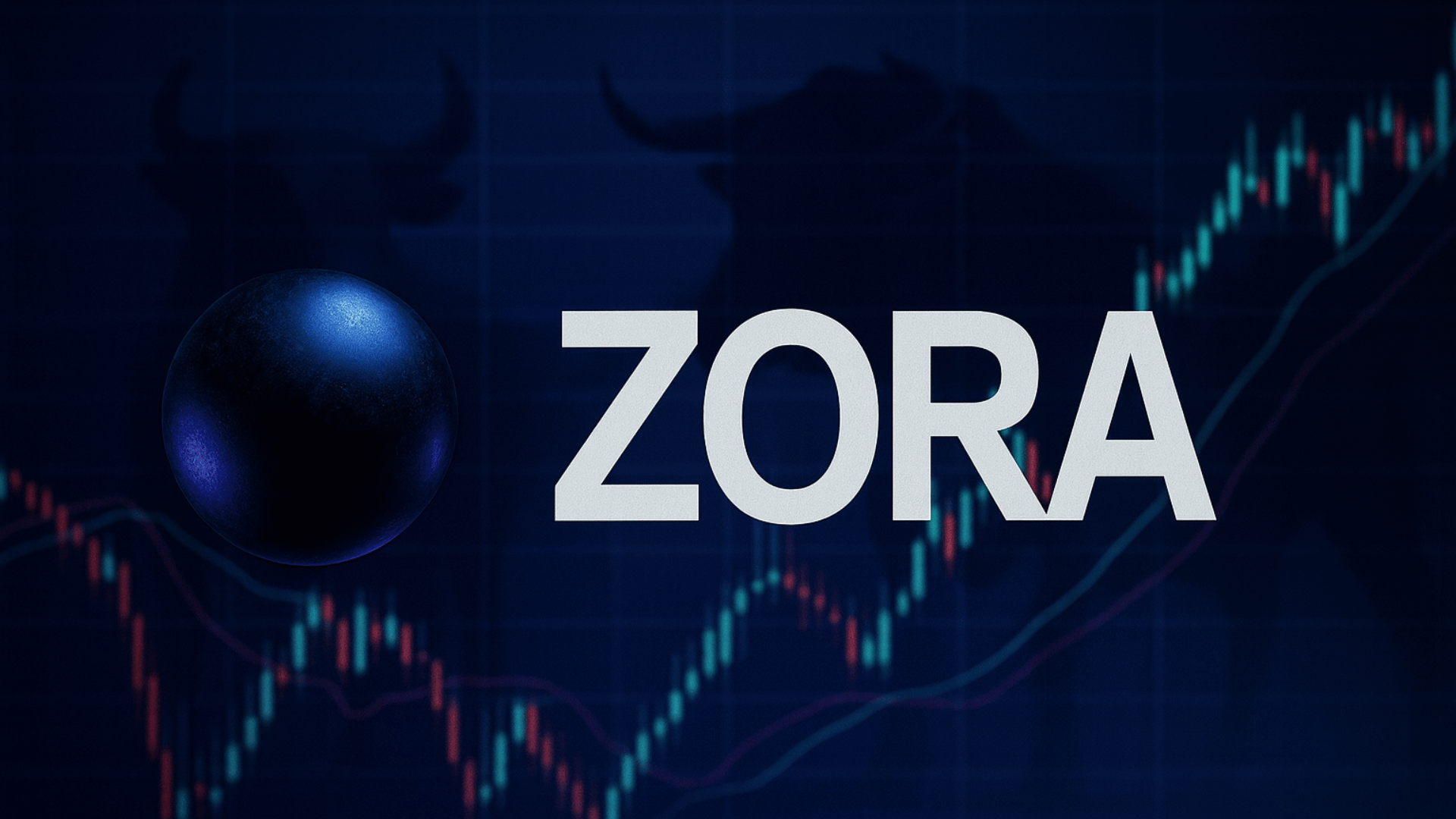Being unveiled at the 90th Interpol General Assembly in New Dehli, it took place between the 18th and the 21st of October, 2022. The INTERPOL Metaverse was shown off to the public; this metaverse is described as the “first-ever Metaverse specifically designed for law enforcement worldwide.”
The International Criminal Police Organization, or Interpol, launched the fully operational metaverse. The platform was initially designed for immersive training courses for forensic investigations; however, the platform has morphed into a bigger venue.
The Interpol Metaverse can help law enforcement officers interact with other officers on a global scale through an avatar.
What is the Metaverse
The metaverse is commonly used to describe a virtual world that is an immersive experience with augmented reality (AR) and virtual reality (VR) headsets. The potential for the metaverse is that it can replace many activities in the real world.
As concerns about the lawlessness of the metaverse rise, potential metaverse crimes include crimes against children, data theft, counterfeiting, sexual assault, blackmail, harassment, and ransomware. Interpol has been monitoring the situation and learning ways to police the platforms. However, blockchains that the metaverse is designed on are not under control by any state, as that is the way they were intended to be.
One of the most significant issues with policing the metaverse is that many physical world crimes may differ in the virtual world. Therefore, identifying these risks will help find criminal markets that use the blockchain to their advantage.
Interpol’s Plans For The Metaverse
As many criminals are exploiting the metaverse as ungoverned, Interpol is starting to work with many countries to create a framework to help make the metaverse a safer place for the general public.
Interpol’s secretary general, Jürgen Stock, recently stated on Twitter, “For many, the Metaverse seems to herald an abstract future, but the issues it raises are those that always have motivated INTERPOL – supporting our member countries to fight crime and making the world, virtual or not, safer for those who inhabit it.”
As the metaverse can transform our daily life, Interpol is set to govern and police it. The policing and control of the metaverse is a balancing act, as some crimes are happening on the blockchains. Still, the main goal of the whole metaverse was that it was freedom away from the controlling nature of the physical world and our world governments need to control almost all aspects of their citizens. The whole reason for the metaverse is the freedom it can bring.
Governing the Metaverse
Interpol has recently joined the Defining and Building the Metaverse, a world economic forum initiative on bringing some metaverse governance to the platform to help combat potential crimes. The industry has significantly assisted brands such as Microsoft, Meta (formerly known as Facebook), and Mastercard. Some Web3 platforms like Decretralised and Animoc Brands support this idea.
The biggest issue with the “Defining and Building the Metaverse” initiative is that the decentralized autonomous organizations (DAO) give out non-fungible tokens (NFTs) that give the users economic rights and self-governing rights. The DAO platforms let people own digital assets like metaverse property, cosmetic items, or digital art and have the right to vote on rules for the respective platforms. The users are creating a digital life on these platforms.
While this idea is good, implementing said theory may require more work to enforce, as if someone controls high digital assets or something of higher value. They can govern the platform to suit their agenda. Thus creating an almost Oligracy-style government on these platforms.














